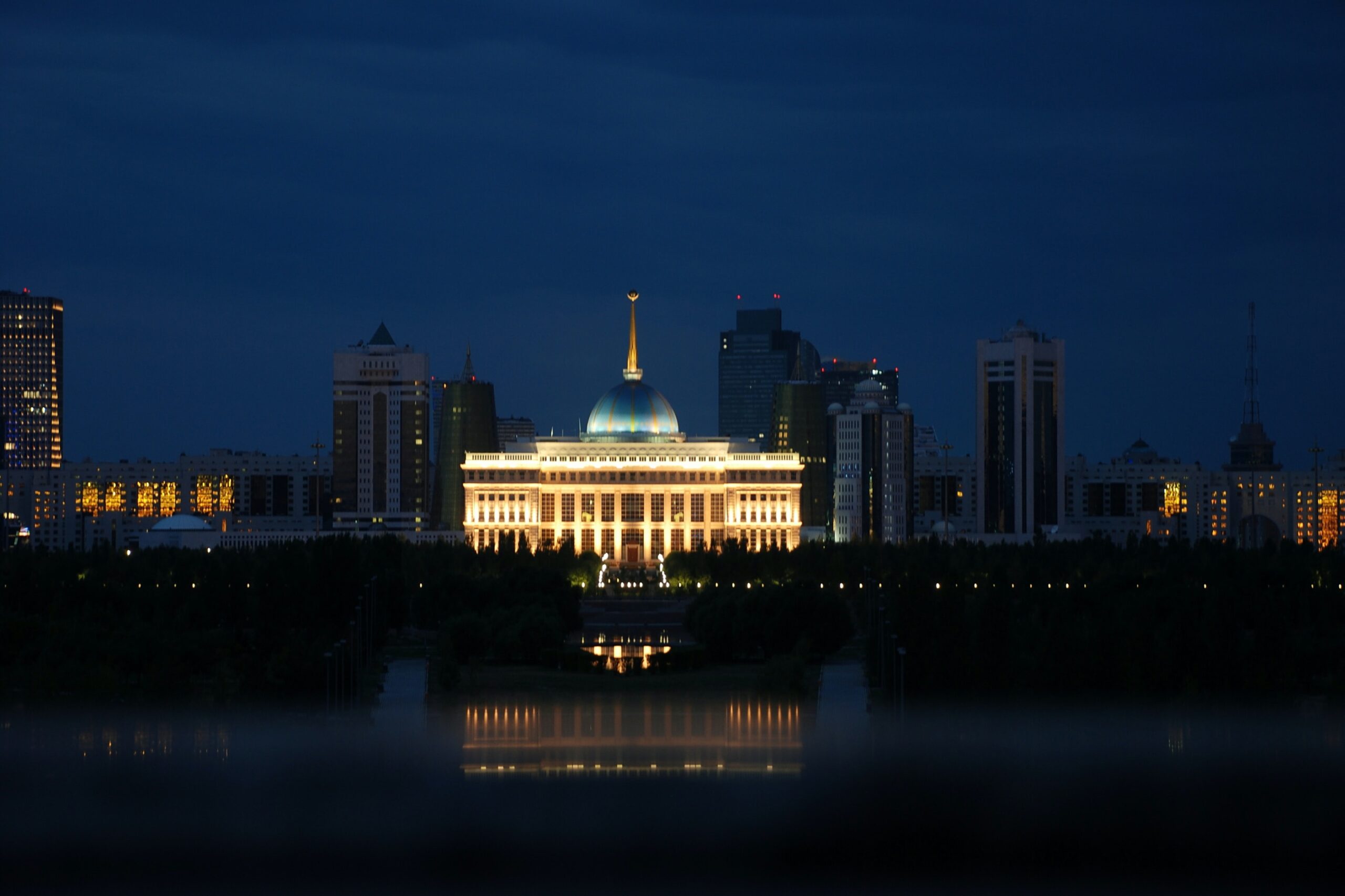
At SCO summit, Putin and Xi Vie for Central Asian influence
In a significant display of power and strategic maneuvering, Russian President Vladimir Putin and Chinese President Xi Jinping convened in Astana, Kazakhstan, on July 3, 2024, for the Shanghai Cooperation Organization (SCO) summit. This meeting highlighted the intensifying competition for influence in Central Asia, a region of critical geopolitical and economic importance.
The SCO, a Beijing-led regional bloc encompassing Central Asia, India, and Iran, was established as a counterbalance to U.S. influence in international affairs. Both Russia and China have been leveraging this forum to bolster their strategic interests across Eurasia, particularly amid growing global tensions and Western sanctions against Moscow due to its ongoing conflict in Ukraine.
Moscow and Beijing have been deepening their political, military, and economic ties since Russia’s invasion of Ukraine in February 2022. However, despite their “no limits” partnership, their rivalry for dominance in Central Asia persists. The region’s five former Soviet republics—Kazakhstan, Kyrgyzstan, Tajikistan, Turkmenistan, and Uzbekistan—maintain historic ties to Russia but are increasingly drawn to China’s burgeoning economic power and investment through its Belt and Road Initiative (BRI).
Central Asia’s strategic importance lies in its vast natural resources and its role as a crucial corridor for overland transport of goods between China and Europe. The SCO summit serves as a vital platform for both leaders to solidify their influence and promote their vision of a multipolar world order, counteracting what they perceive as U.S.-led hegemony.
In his remarks, Kremlin aide Yury Ushakov emphasized the SCO’s significance, describing it as a pillar of the new world order and a vehicle for genuine multilateralism in global affairs. China’s Foreign Ministry spokeswoman Mao Ning echoed these sentiments, stating that the summit aimed to build consensus and promote security, stability, and development among member countries, thereby advancing lasting peace and common prosperity.
Despite these declarations of unity, the underlying competition between Russia and China remains palpable. China’s extensive economic engagements in Central Asia, particularly through the BRI, challenge Russia’s traditional influence in the region. Moreover, the war in Ukraine has potentially opened avenues for other powers to assert their presence in areas historically aligned with Moscow.
Alongside the main summit sessions, bilateral meetings highlighted the complex web of relationships within the SCO. Turkish President Recep Tayyip Erdogan, representing NATO member Turkey, which seeks a mediating role in the Ukraine conflict, engaged with Putin, reflecting Turkey’s strategic balancing act between East and West. Additionally, Belarus, a close ally of Russia, was set to join the SCO, further expanding the bloc’s influence.
The SCO summit underscores the shifting dynamics in global geopolitics, as Russia and China continue to vie for influence in a region critical to their strategic ambitions.

